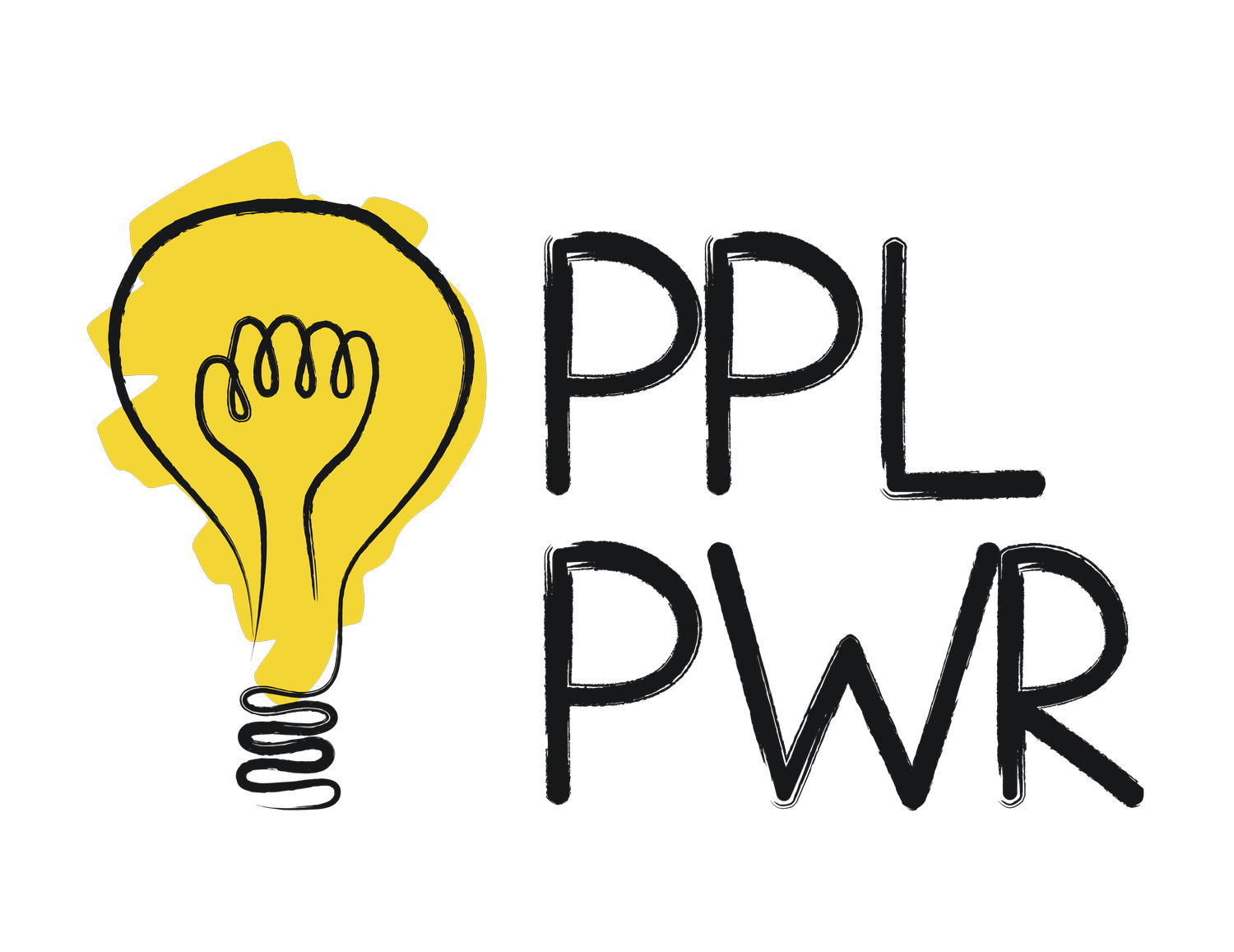And the winner is... SUSTAINABILITY IDEAS AWARD 2016
Congratulations to our 2016 Winners ...
Magic Seed
Transforming polluted water into drinking water
Single serve sachets of Moringa Oleifera seed cakes as a cost effective water purification method for disaster struck and low-income areas.
As winners, they receive;
1. Funding, in stages, up to a total of £250
2. Business development expertise, offered by the founder of Comp-A-Tent
3. Recognition on our website, social media and at future events/festivals
4. Contacts/help from leading professionals in the water and engineering sectors
Checkout the details of the project below!
----------
In November of 2015, a dam in Mariana, Brazil, exploded and caused the pollution of rivers that supplied villages and towns nearby.
The burst released millions of cubic meters of mining waste – launching one of the worst environmental disasters in Brazilian history.Moringa Oleifera seeds cakes are known to be a method of water purification for consumption by animals and humans, but we wanted to see if it could be a sustainable product to help in disaster struck areas, especially in less economically developed areas.Our Hypothesises:
Are Moringa Oleifera’s seeds capable of remove at least 90% of organic and inorganic compounds in water?
Are Moringa Oleifera’s seeds capable of remove at least 90% of microorganisms presents in water?
Is the water treatment with the optimised solution of Moringa Oleifera’s seed is viable for human consumption?
Results
We realised that the seed is a viable alternative for the treatment of water, especially for low-income people who do not have access to a specialised water treatment.Moringa Oleifera has low cost and high efficiency without bring the risk of inorganic coagulants, as contamination with aluminium, which can cause Alzheimer.An effective solution for distribution to the population would be in small sachets containing the optimal concentration for a litre of water. They could be distributed to communities without access to treated water or disaster victims, who briefly lost access to quality water.



